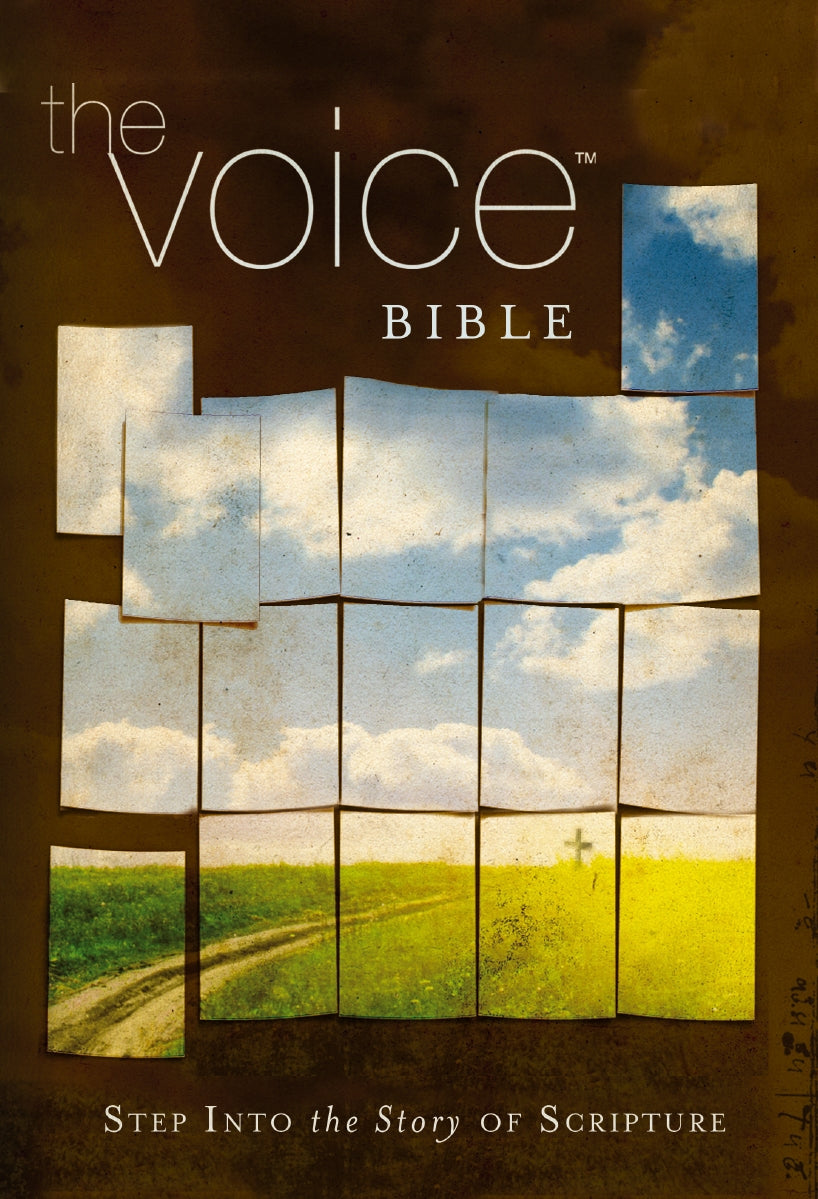Psalm 104:32-34
The Voice
32 He, who rattles the earth with a glance;
He, who sets mountains to smoking with a touch.
33 I will sing to the Eternal all of my life;
I will call my God good as long as I live.
The last phrase of Psalm 104, “Praise the Eternal,” gives us a clear picture of the use of these songs in Israel. This phrase, which not only ends Psalm 104 but often opens and closes other psalms (for example, Psalms 146–150), is not part of the song itself. It is a direction for worship.
The Bible indicates that praise is the natural response to God’s gifts to His people. When David brought the covenant chest to Jerusalem, he appointed Asaph and his relatives to lead in praise. After the Levites chanted a marvelous psalm, the people responded in praise to the Eternal (1 Chronicles 16:36). In John’s vision of the final destruction of Babylon—a symbol for God’s enemies throughout all the ages—a vast number of creatures in heaven, the 24 elders and the 4 living creatures offer praise and adoration to the Lord (Revelation 18 and 19). Praise is simply the inevitable response of God’s people to all He is and all He has done.
34 May the thoughts of my mind be pleasing to Him,
for the Eternal has become my happiness.
The Voice Bible Copyright © 2012 Thomas Nelson, Inc. The Voice™ translation © 2012 Ecclesia Bible Society All rights reserved.


